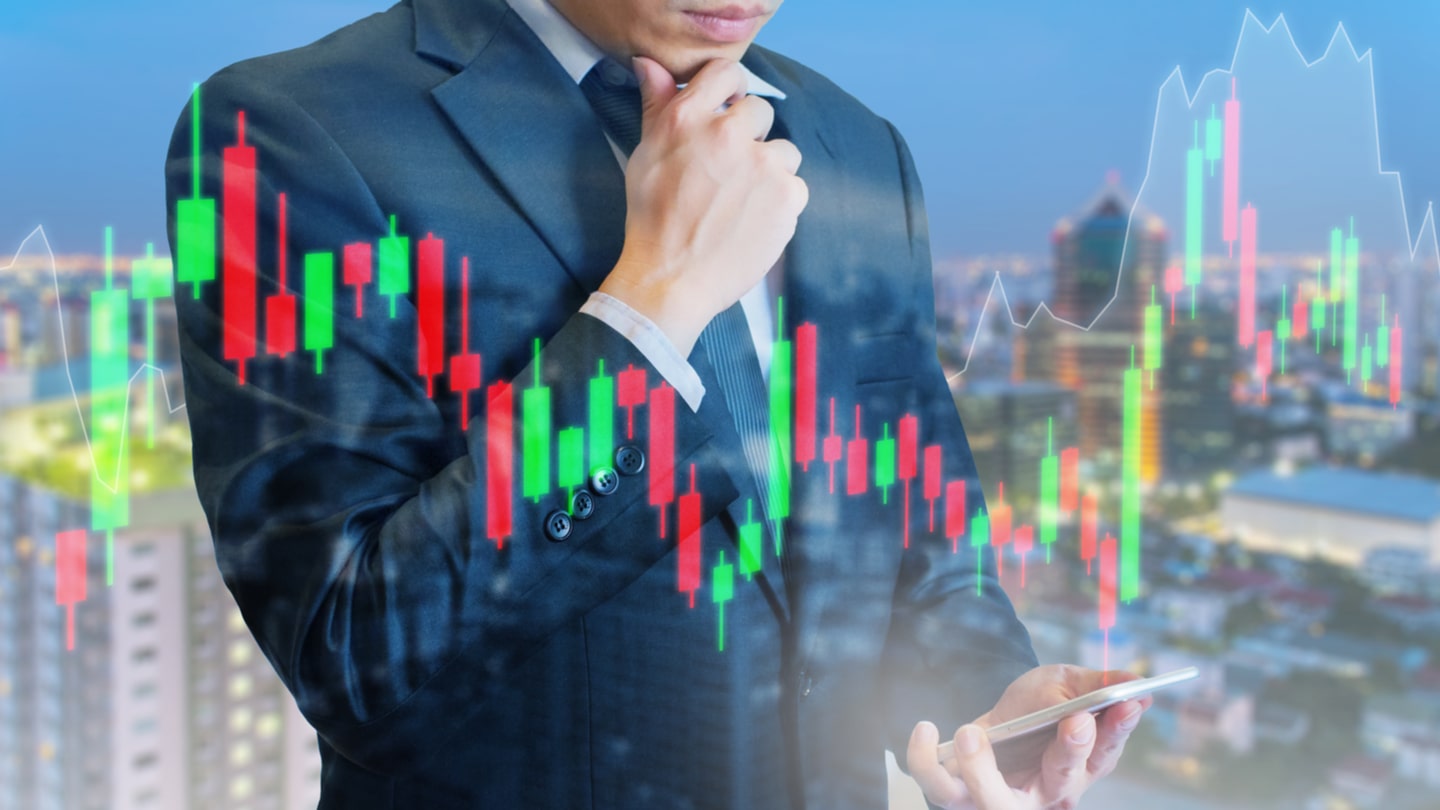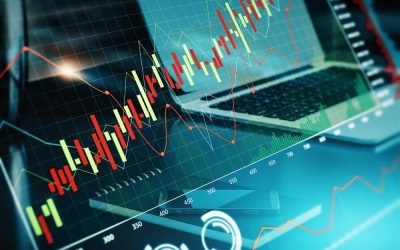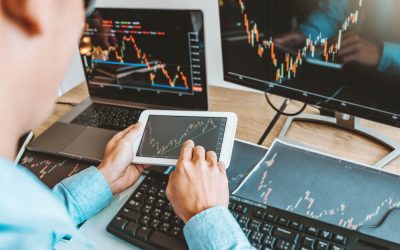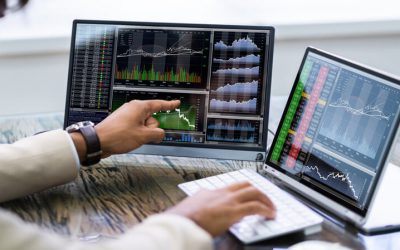
Trading is the process of buying and selling various financial instruments. Therefore, a trader is an individual seeking to profit directly from the trading process. In a modern sense, a trader is a person trading securities, commodities, currency pairs both in the exchange and over-the-counter markets, such as the Forex market. He can trade in the financial markets both for himself or on behalf of another person or institution he works for.
History of Trading
The first exchanges appeared in the XVI century in Antwerp and Lyon. They were created to solve the need of merchants in the financing, and the need of governments to place bond loans. As large companies developed, they became public through the issue of stocks and bonds. The term “trader” as we know it is closely connected with the appearance of the London Stock Exchange at the end of the 17th century.
The foreign exchange market has a relatively short history compared to the commodity and stock markets. Only in the 1970s, the nations decided to abandon the gold standard and refused to peg the value of their currencies to a certain amount of gold. In 1976, the Bretton Woods system, where all currencies were to the U.S. dollar which was in turn pegged to the price of gold, was replaced by the Jamaica Monetary System, which operated as a system of managed floating exchange rates. Since then, currencies became independent items.
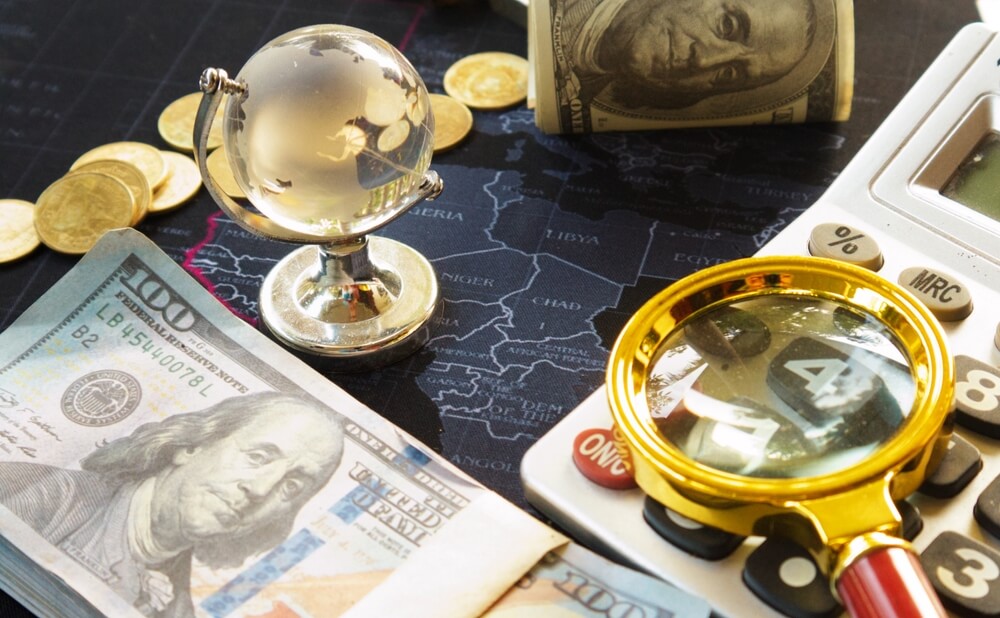
For quite a long time, namely, until the end of the 1980s, small investors and speculators didn’t have access to the foreign exchange market. To participate in trading, one had to possess a large capital – at least $100 000. This is the nominal value of one trading lot. Exchange trading is still unavailable to retail traders, because, in addition to the cost of a trading lot, it is necessary to pay a very significant amount to sign a contract with the exchange.
Starting from the early 1980s, some dealing centers in the UK and other countries revived margin trading for private traders, giving them the opportunity to trade the financial markets with small capital. In 1986, most global central banks officially recognized such a trading mechanism, granting access to the financial markets to an unlimited number of traders.
How to become a trader?
Trading is a real profession. And like any other profession, it requires a certain set of skills. To become competent, you need to understand how financial markets work. Despite the apparent complexity, mastering even the most basic principles will help you grasp the concept of trading and understand how the financial markets, banks, investment funds and other key institutions work. You will learn how to manage your capital, understand human behavior and psychology, gain confidence, and, possibly, make good money to realize your ideas.
How to become a trader? If you are determined to build a trading career, you’ll need to work hard. You have to study all the basic concepts of the financial market, its tools, psychological aspects of trading. Consider additional training and special trading courses, interact with more experienced traders and learn from them. Some training centers give you the opportunity to work as a trader together with other students or even with experienced practicing traders as part of their intensive training courses.
What makes a successful trader
At the same time, in order to become a competent trader, it’s essential to learn and develop some essential soft skills, like composure and risk tolerance. Don’t listen to others; make your own trading decisions. Rely on your own experience and the experience of trusted professionals. As you gain more trading experience and become a professional, you can become a mentor and start working with beginners, sharing your trading strategies, giving tips and helping them make their first steps in the financial markets.
Remember, you can learn how to become successful in trading. But, as with any profession, traders also have good and bad days. The most important thing is to stick to your own trading strategy, maintain discipline and be consistent. Remember, trading is a marathon, not a sprint. Be patient, and you’ll achieve your desired results.
You can find more interesting articles in our blog! Don’t forget to subscribe to our social media:




